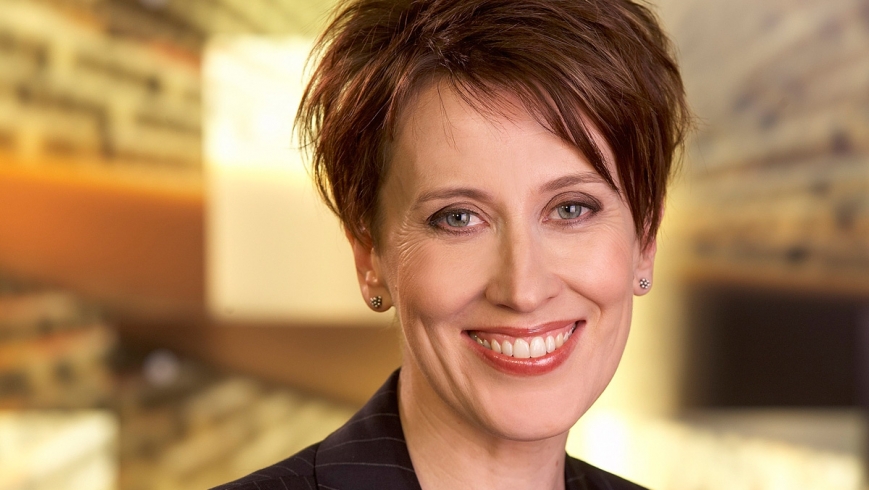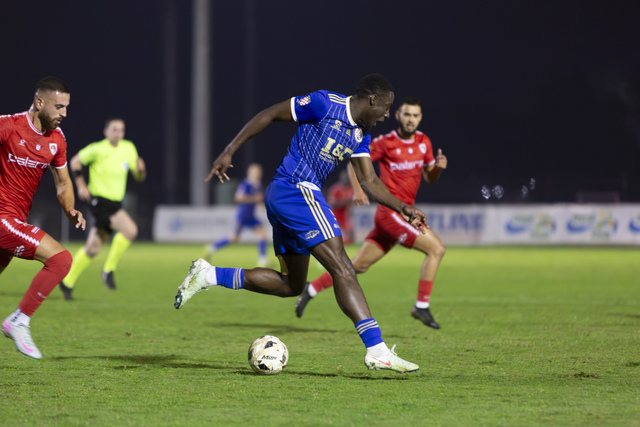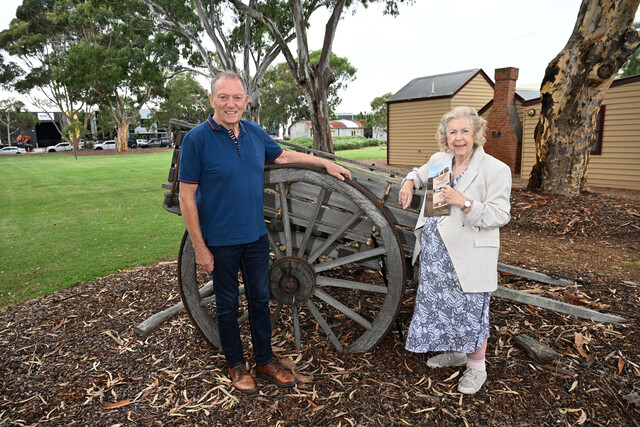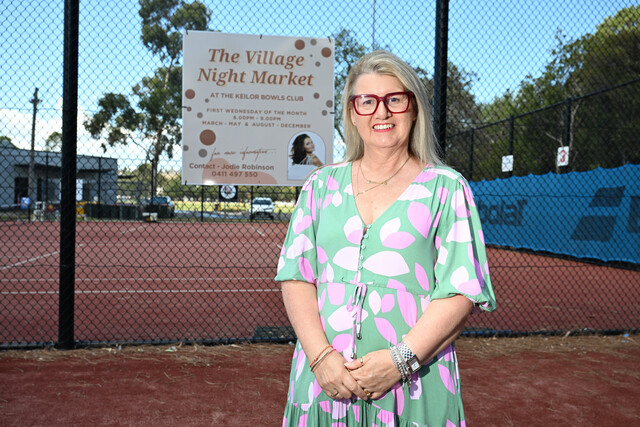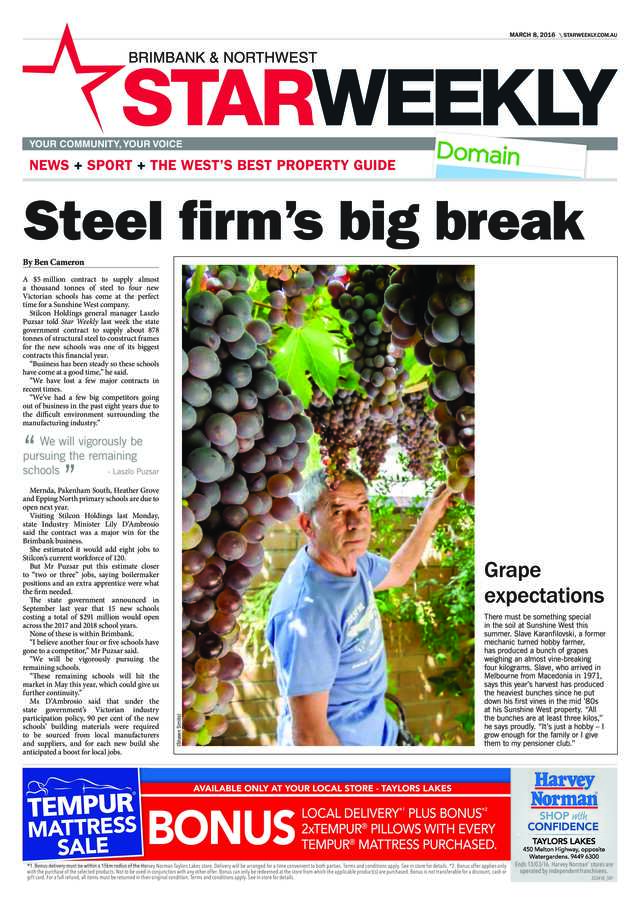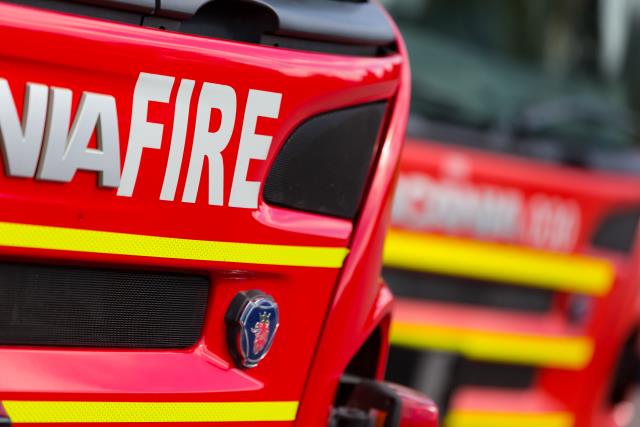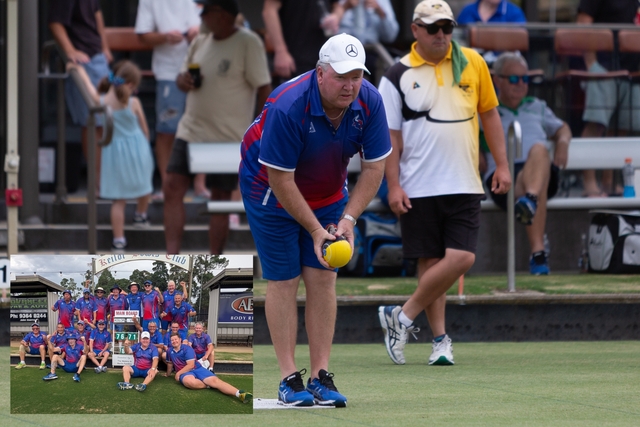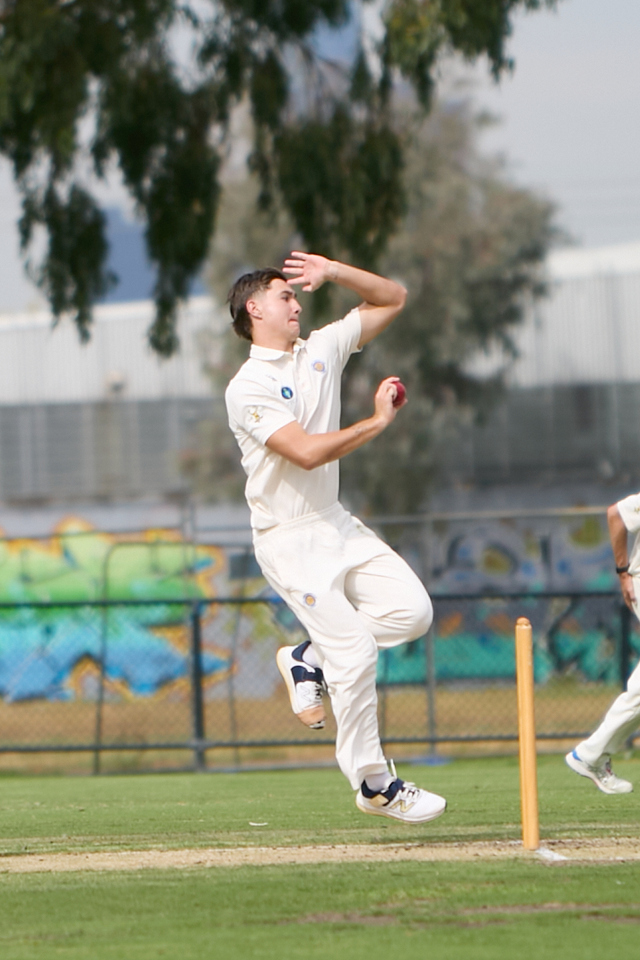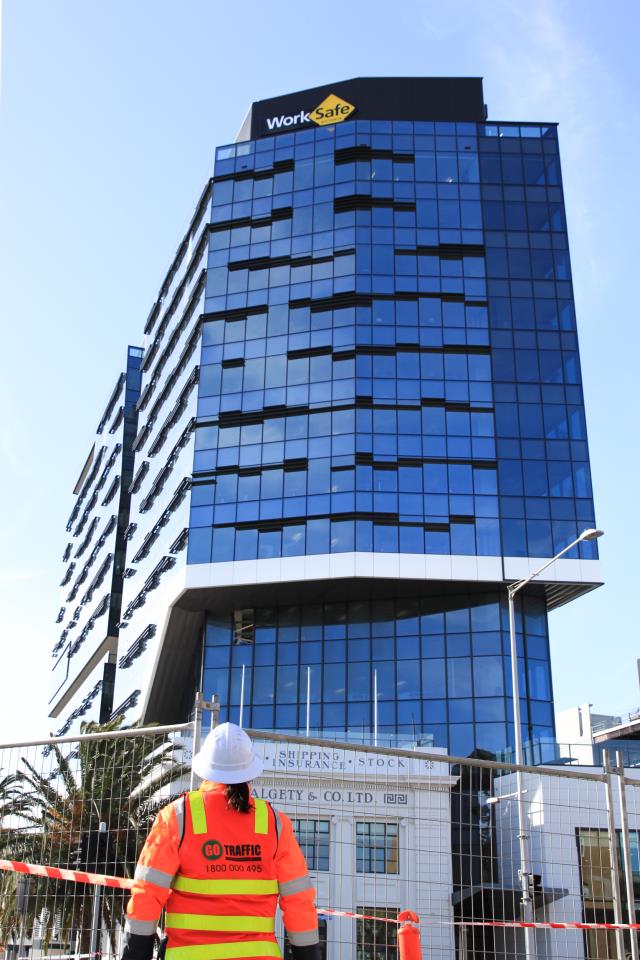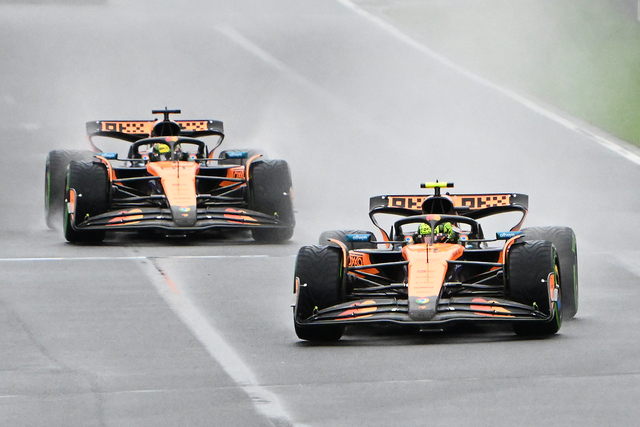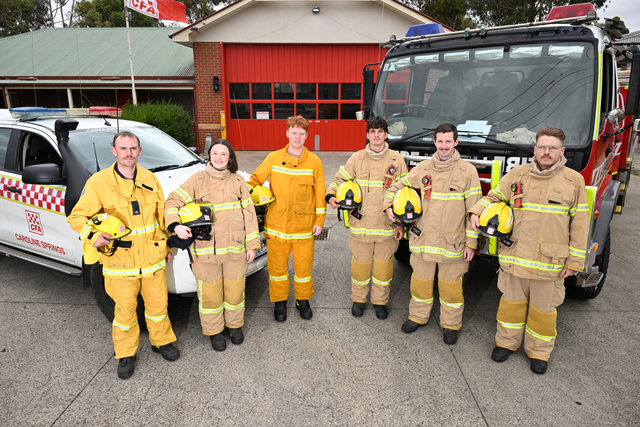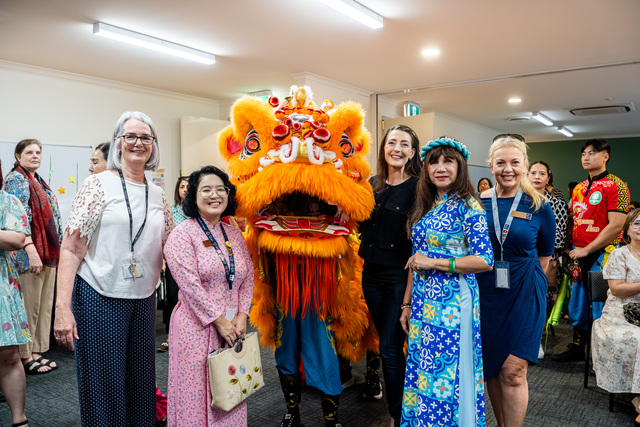When the true horror of the Rwandan genocide was revealed to the world, there were many who were unable to express their shock and surprise. That’s because they knew it was going to happen.
In 1994 the world was on the cusp of the revolution in world communication that the advent of the World Wide Web and digital and mobile communication would bring about: massacres and humanitarian disasters were about to go global and go live to air, but not quite yet.
Nonetheless, many knew – including at the very top level of the United Nations – that the extermination of the Tutsis had been ordered and was about to proceed. Politically moderate Hutu were also killed.
The world did not intervene, and since that dark day any discussion about the role and responsibility of the international community when one country sets about killing its own people has become a vexed and faithless one.
Vexed because of the failure of some well-intentioned interventions, and faithless because many simply do not understand the point of the United Nations’ existence if it’s not to uphold the important and still-resonant post World War II cry of “never again”.
It’s been strange to hear an unusual silence around the announcement of an Australian military deployment to help Iraq rid itself of the vicious and inhuman Islamic State. The group’s invasion, oppression and persecution of the country’s north – the one part of Iraq that, since the war, has been regarded as a successful example of nation rebuilding – has parallels with mediaeval horrors. Much of their murderous rampage is simply unprintable.
But in other times in Australian history, a thoughtful, lively, sometimes provocative but always productive debate would spring up about the role and responsibility that this country should play in such a venture. I don’t mean the usual anti-war stuff, but sophisticated analysis of our obligations to the world, particularly given our significant migrant connection to that country and region. I am genuinely surprised to note its absence.
There will be many in this country who feel that the world and Australia should do more and that we have waited too long – that we should have done more a lot sooner: for how long did we need to witness the shocking killing of a civilian population in Syria before thinking the world community had a role to play? It is possible that the roots of IS could have been smashed then and there.
There will also be those who have misgivings at Australia becoming lost in the sands, as the saying goes, of another Middle East conflict. The anti-war philosophy in this country is still very strong.
Clearly the horrors of IS are silencing in themselves. It is quite difficult to imagine a strategy that would be effective against individuals so depraved.
But something else is holding us back too. In other times, the newspapers, the TV shows, the public meetings would have been full of robust and powerful arguments about the merits and the shortcomings of arguments for and against, and there would have been much discussion and helpful analysis of what our place should be in a world community of peacekeepers.
Some Australians will want us to do more, to be more involved and extend a greater helping hand. I want to hear from them.
Why are they not engaged in intelligent debate with their usual anti-war sparring partners?
This is one of the most complex regions in the world, with the instability of Iraq and the dark consequences of Syria’s civil war. The Australian instinct has always been to argue this kind of stuff out and I am at a loss to understand where that Australian instinct to argue at all has gone.
– Follow Virginia on Twitter @latrioli
– Virginia Trioli is co-host of ABC News Breakfast on ABC1 and ABC News 24, 6am-9am weekdays.

